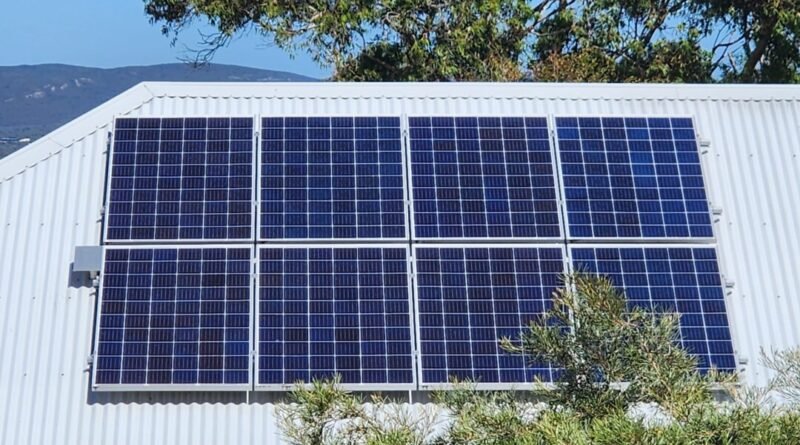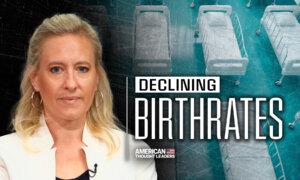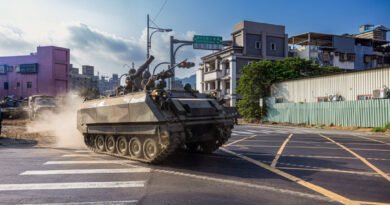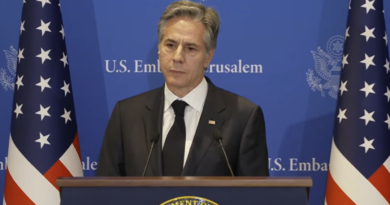Open Treasurer Willing to Amend Green Manufacturing Bill in Response to Inflation and Transparency Worries
Regional MPs have also expressed doubt about whether the Future Made in Australia Bill will benefit remote communities.
Treasurer Jim Chalmers has indicated a willingness to make changes to the government’s key Future Made in Australia Bill following a wave of criticism.
The Bill, inspired in part by the U.S. Inflation Reduction Act, aims to cultivate local green energy industries independent of Chinese supply chains.
However, the proposal has faced significant backlash, prompting the government to consider “suggestions presented to us in good faith.”
“We have taken into account concerns regarding transparency and thoroughness in investment decisions, and that is exactly why we are incorporating the framework and procedures supporting the future made in Australia into the legislation currently before us,” Chalmers stated.
The legislation is built on three pillars: a national interest framework to identify critical sectors for investment towards net-zero, a process to reduce barriers to private investment, and an assessment of potential community benefits.
Opposition Will Not Support Bill
Nevertheless, on Aug. 22, the bill encountered scrutiny from various members of the House of Representatives.
Liberal Party MP Michael Sukkar stated that the Coalition would oppose the passage of the Bill due to concerns that it could lead to the misuse of taxpayer funds for political purposes.
“Essentially, this is a strategy for Labor ministers to engage in political favoritism,” he asserted.
He also questioned the government’s capability to make sound investment choices, cautioning that the Bill could result in increased regulations that hinder businesses.
“What the Labor government must grasp is that the foundations for manufacturing in this country involve affordable and reliable energy, flexible workplaces, competitive wages, and reduced regulations.”
Another opposition MP, Alex Hawke, expressed that the bill was inappropriate for an economy already grappling with inflation.
“During an inflationary crisis like the current one, this additional government expenditure will exacerbate issues around inflation, which is essentially a hidden tax burden on everyone. Inflation, combined with the tax burden from increased government spending through our debt and other financing methods, will affect us all.”
Poking fun at the government for choosing an appealing name for the Act, suggesting that it will not lead to a “future made in Australia.”
Regional MPs Cautious, Yet Worried
Independent MP Andrew Gee remarked that while the Bill had good intentions, it was flawed.
“The Bill deserves a thorough evaluation based on its merits, rather than just political jabs,” he stated in Parliament.
“Setting aside the political back-and-forth between the major parties, it must be acknowledged that this Bill has positive aspects.
“Five priority industries or sectors have been identified, including critical minerals processing and renewable hydrogen. My concern is this: as I look at this Bill through the lens of regional Australia, I am trying to ascertain its potential benefits.”
Bob Katter, North Queensland MP of Katter’s Australia Party, argued that the Bill would not position Australia to compete with inexpensive Chinese manufacturing and exports.
“Patriotism wanes when family budgets take precedence, especially during challenging times like these,” he remarked, alluding to the pressures of cost of living and inflation.
He further contended that the Bill could eventually result in factory closures and job losses.
“The harsh truth is that the market dictates, and tough business decisions must be made. After all, these are businesses, not charities.”
Gee, the independent MP, suggested that the Bill could be more advantageous if priority sectors were expanded to include food processing and agriculture.
“COVID revealed how vulnerable nations become when their supply chains are disrupted or at risk.”






